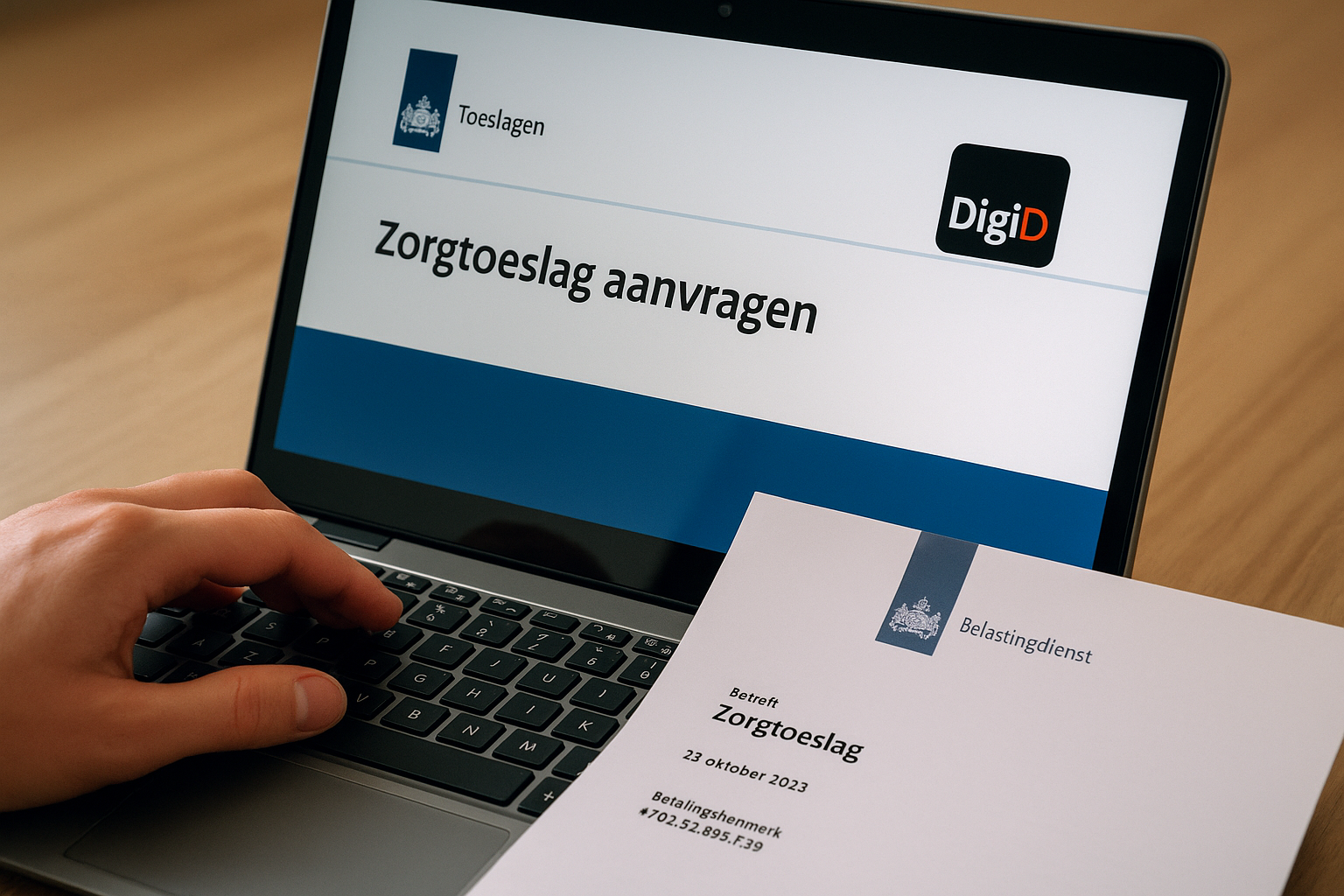Health Insurance in the Netherlands for EU Labor Migrants
Mandatory – but how does it actually work?
If you’re coming to the Netherlands from an EU country to work, one of the first things you’ll need to deal with is health insurance. But what exactly are you required to do? What does the insurance cover? And what happens if you don’t arrange it?
This guide walks you through the entire process — clearly and completely.
Why is Dutch health insurance mandatory?
The Dutch government requires everyone who lives or works in the Netherlands to take out a Dutch health insurance policy. This is not optional — even if you already have a valid health insurance policy in your home country.
As an EU citizen, you’re free to work in the Netherlands. But the moment you start earning income here, you’re legally obligated to take out a basic Dutch health insurance policy within four months of arrival.
❗ Note: Working through a Dutch employment agency (uitzendbureau)? You may still need to arrange your own health insurance unless the agency explicitly does it for you — always double-check.
What does the basic insurance cover?
The mandatory basic insurance, called “basisverzekering” in Dutch, covers standard medical care:
- General practitioner (GP) visits
- Emergency hospital care
- Specialist treatment (with referral)
- Most prescription medication
- Basic mental healthcare
- Emergency ambulance transportation
This coverage is regulated by the Dutch government, so every insurance provider offers the same basic package — but costs and customer service may vary.
What’s not covered?
The basic insurance does not cover:
- Dental care (except for children under 18)
- Physiotherapy (except under special conditions)
- Glasses, contact lenses
- Alternative medicine (like acupuncture)
If you expect to need any of these services, you can choose to add an optional supplemental insurance package.
Do I need supplemental insurance?
That depends on your personal situation. Supplemental insurance is not mandatory, but it can be useful in cases like:
- You regularly visit a dentist
- You play sports and want physiotherapy coverage
- You wear glasses and want optical coverage
- You want coverage for alternative treatments
Just keep in mind: supplemental insurance is not regulated, so coverage and prices vary widely.
What does health insurance cost?
In 2025, the average monthly premium for basic health insurance is around €135–€150 per person.
In addition, you must pay a mandatory deductible called the “eigen risico”. In 2025, this amount is €385 per year. This means:
- You pay the first €385 of certain medical costs each year yourself
- After that, insurance kicks in
- Some care (e.g., GP visits) is always covered and never comes out of this deductible
Example: You go to a specialist and the bill is €400. You pay the first €385 yourself, and insurance covers the rest.
What if you don’t take out insurance?
Failing to take out health insurance in time can lead to serious consequences:
- You may receive a fine of over €400
- You may be enrolled automatically by the government in a public health insurance fund
- Unpaid medical bills may be collected through wage deductions
Also, you won’t be eligible for reimbursement of care — and hospitals can refuse non-emergency services.
Can you get financial help?
Yes. If you earn a low to average income, you may qualify for zorgtoeslag (healthcare allowance). This is a monthly contribution from the Dutch government to help cover your insurance costs.
Eligibility for zorgtoeslag:
- You’re 18 or older
- You have Dutch health insurance
- You live in the Netherlands
- Your income is below a certain threshold (in 2025: under ~€35,000 for singles)
The allowance can be up to €120 per month, depending on your income.
You can apply for zorgtoeslag via the Dutch tax authority (Belastingdienst) using your DigiD.
How to take out health insurance?
Here’s a step-by-step guide:
- Get a BSN (citizen service number)
Register at the local town hall (gemeente) to get your BSN. - Compare health insurers
Use websites like Independer.nl or Zorgwijzer.nl (English available). - Choose a policy and apply
Most providers offer online registration. You’ll need:- Your BSN
- Dutch address
- Dutch bank account
- Receive confirmation and policy documents
Your coverage usually starts from the date you requested — or the date you started working.
Summary: What you must do as an EU worker
| Task | Mandatory? |
|---|---|
| Take out Dutch basic insurance | ✅ Yes |
| Apply within 4 months of starting work | ✅ Yes |
| Supplemental insurance | ❌ Optional |
| Register for zorgtoeslag if eligible | ✅ Recommended |
| Get a BSN & Dutch address | ✅ Yes |
Final tips
- Don’t wait — health insurance is legally required and strictly enforced in the Netherlands.
- Compare providers and plans — there’s no single “best” one for everyone.
- Apply for zorgtoeslag if you qualify — it can save you hundreds of euros each year.
Need help getting started?
PortRomania is here to guide you. If you need help choosing a health insurance provider, applying for zorgtoeslag, or registering at the gemeente, contact us at info@portromania.com





Post Comment
You must be logged in to post a comment.